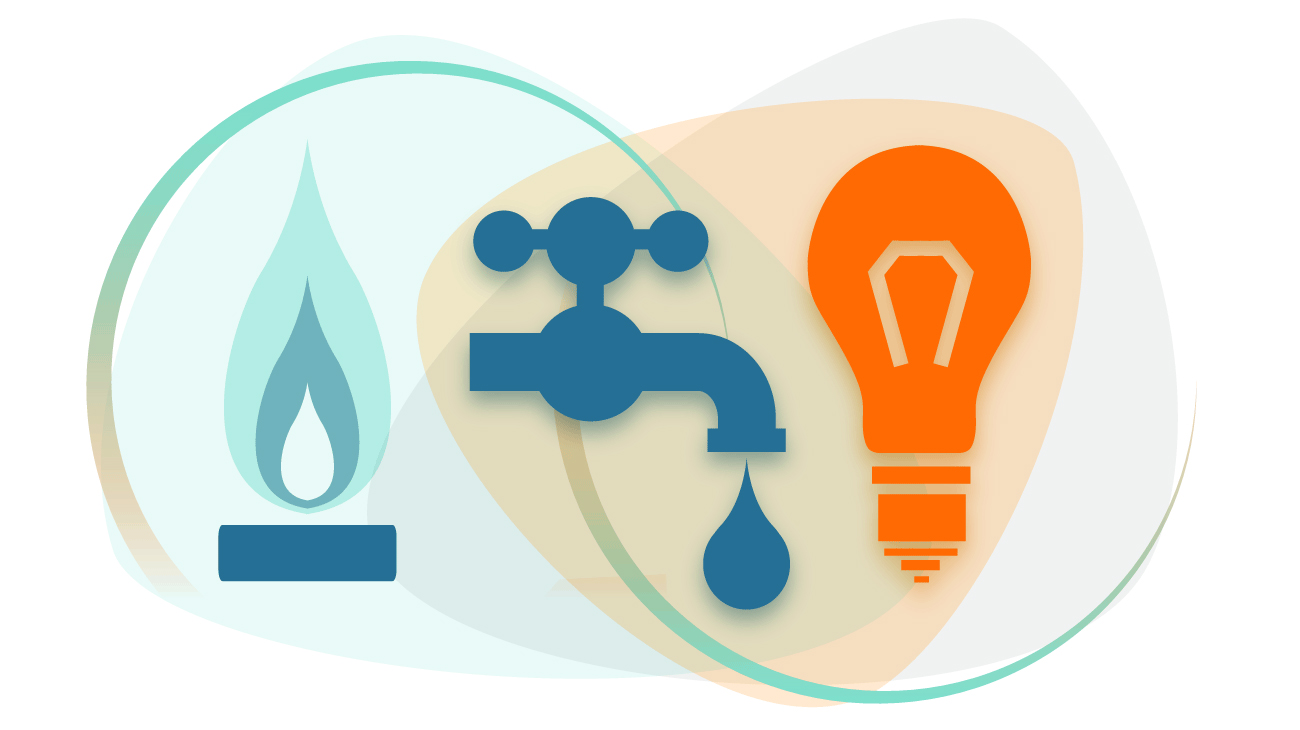What States Allow Off-Grid Living?
What states allow off grid living – What states allow off-grid living? The question sparks dreams of self-sufficiency and a simpler life, but the reality involves navigating complex legal landscapes and resource management challenges. This exploration delves into the legal frameworks, resource availability, and practical considerations for those seeking to embrace off-grid living in the United States, revealing both the opportunities and obstacles involved.
From navigating building codes and securing land permits to designing sustainable water and energy systems, the journey to off-grid living requires careful planning and a deep understanding of the specific regulations and resources available in each state. This investigation will analyze various aspects, including land acquisition costs, the availability of essential resources like water and electricity, and the environmental impact of different off-grid lifestyles.
Land Ownership and Acquisition
Securing land is the foundational step in establishing an off-grid lifestyle. The process involves navigating land availability, cost, legal frameworks, and environmental considerations, varying significantly across states. Understanding these factors is crucial for prospective off-grid dwellers to make informed decisions and avoid potential pitfalls.
The cost and availability of land suitable for off-grid living are highly dependent on location, proximity to infrastructure, and the specific features of the property. While some states offer more affordable options and ample land, others present significant challenges due to high demand or restrictive zoning regulations. Successful off-grid communities often demonstrate innovative land ownership models, highlighting the importance of community collaboration and resource management.
Average Land Costs and Availability
The following table presents a generalized overview of land costs and availability in select states known for their suitability for off-grid living. It is crucial to remember that these figures are averages and can fluctuate significantly based on location, size, and features of the land. Thorough local research is essential before making any purchase.
| State | Average Land Cost per Acre | Land Availability | Zoning Regulations |
|---|---|---|---|
| New Mexico | $1,000 – $5,000 | High, particularly in rural areas | Varied; some counties are more permissive than others. Check local county regulations. |
| Montana | $2,000 – $10,000+ | High, but prices increase near towns and recreational areas | Generally less restrictive than many other states, but varies significantly by county. |
| Idaho | $3,000 – $8,000+ | Moderate to high, depending on location and proximity to urban centers. | Regulations vary considerably by county; some areas have strict limitations on off-grid development. |
| Texas | $500 – $5,000+ | High, particularly in the western and central regions. | Highly variable depending on the county. Some areas are more welcoming to off-grid living than others. |
Successful Off-Grid Communities and Land Ownership Models
Several successful off-grid communities illustrate diverse approaches to land ownership. Some communities utilize a cooperative model, where land is collectively owned and managed by the members. This fosters a sense of shared responsibility and resource management. Other communities involve individual land ownership with shared infrastructure and agreements regarding resource usage. These models often require careful legal structuring to ensure clarity and prevent future conflicts.
For example, the intentional community of Dancing Rabbit Ecovillage in Missouri uses a cooperative land-trust model, ensuring long-term sustainability and shared stewardship of the land.
Acquiring Land for Off-Grid Living: Legal and Environmental Considerations
Acquiring land for off-grid living involves a multifaceted process. First, thorough due diligence is essential. This includes title searches to verify ownership, examining survey maps for boundary lines, and reviewing zoning regulations to determine permitted uses. Environmental impact assessments may be required, depending on the location and scale of the proposed development. These assessments aim to minimize the environmental footprint of the project and comply with local, state, and potentially federal regulations.
Securing necessary permits for water usage, septic systems, and any construction projects is also critical. Legal counsel specializing in land acquisition and environmental law is highly recommended to navigate these complexities. Failure to comply with regulations can result in legal repercussions and significant financial losses.
Environmental Considerations and Sustainability: What States Allow Off Grid Living
Embracing off-grid living presents a unique opportunity to minimize environmental impact, but careful planning and sustainable practices are crucial. The very act of disconnecting from centralized utilities necessitates a conscious effort towards resource management and ecological responsibility. Failing to do so can negate the potential environmental benefits and even lead to unintended consequences.Off-grid living, while often associated with a lighter environmental footprint, requires careful consideration of several key areas to ensure its sustainability.
Waste management, water conservation, and responsible energy production are paramount for minimizing the ecological impact and promoting long-term environmental health.
Waste Management Strategies, What states allow off grid living
Effective waste management is critical in off-grid settings, where reliance on municipal services is absent. Strategies must focus on reducing waste generation, reusing materials, and composting organic waste. Anaerobic digesters, for instance, can process organic waste, producing biogas for energy and a nutrient-rich digestate for fertilizer. Properly designed composting systems, including worm composting (vermicomposting), can effectively handle food scraps and yard waste, minimizing landfill contributions.
Recycling programs, even on a smaller scale, can help divert recyclable materials from disposal. The key is a multi-pronged approach emphasizing reduction, reuse, and responsible disposal.
Water Conservation Techniques
Water scarcity is a growing concern globally, making conservation crucial for sustainable off-grid living. Rainwater harvesting systems, collecting rainwater from rooftops and storing it in tanks, provide a reliable source of water for non-potable uses like irrigation and toilet flushing. Greywater recycling systems, which reuse wastewater from showers and sinks for irrigation, further reduce water consumption. Efficient irrigation techniques, such as drip irrigation, minimize water waste in gardening.
Regular maintenance of plumbing fixtures to prevent leaks is also essential. The adoption of water-wise landscaping, using drought-tolerant plants, also plays a significant role in reducing water demands.
Ecological Footprint of Off-Grid Energy Sources
The environmental impact of off-grid energy sources varies considerably. Solar photovoltaic (PV) systems, for example, have a relatively low carbon footprint during operation, but their manufacturing process involves energy consumption and material extraction. Wind turbines, while clean during operation, require land use and may impact bird populations. Biogas digesters, as mentioned previously, offer a renewable energy source with minimal environmental impact, provided they are properly managed.
Hydropower systems, though efficient, can alter aquatic ecosystems. Minimizing the environmental impact requires careful site selection, efficient technology, and responsible disposal of end-of-life equipment. For example, choosing solar panels with higher energy efficiency and longer lifespans reduces the overall environmental burden.
Best Practices for Environmentally Responsible Off-Grid Living
A comprehensive approach is necessary to ensure environmentally responsible off-grid living. The following checklist summarizes key best practices:
- Minimize waste generation through conscious consumption and reuse.
- Implement composting and anaerobic digestion for organic waste processing.
- Employ rainwater harvesting and greywater recycling systems.
- Utilize energy-efficient appliances and lighting.
- Select renewable energy sources with minimal environmental impact.
- Regularly maintain equipment to maximize efficiency and longevity.
- Practice water-wise landscaping and gardening techniques.
- Properly dispose of hazardous waste, such as batteries and chemicals.
- Monitor and adapt practices based on environmental impact assessments.
- Engage in community initiatives promoting sustainable living.
Ultimately, the pursuit of off-grid living is a complex undertaking that requires meticulous planning, resourcefulness, and a deep understanding of the legal and environmental realities of each state. While the allure of self-sufficiency is undeniable, prospective off-gridders must carefully weigh the challenges against the rewards, ensuring their chosen lifestyle aligns with both their capabilities and the regulations governing their chosen location.
This comprehensive overview serves as a starting point for anyone considering this unique and increasingly popular path.
Explore the different advantages of off grid living survival that can change the way you view this issue.



